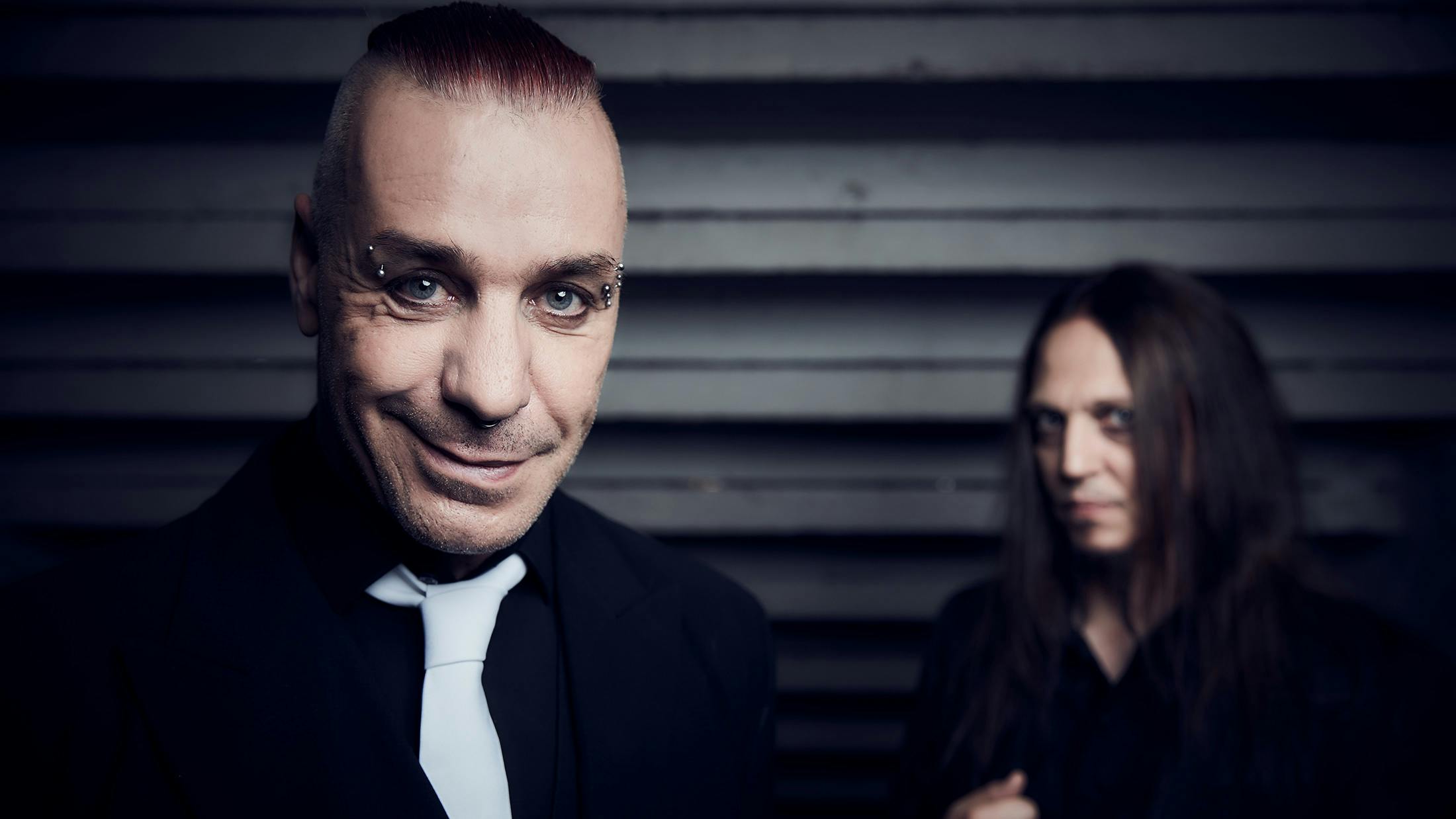The duo were last in Russia together in December 2018, when they piggybacked the first Lindemann live dates on the back of a signing session tour Till’s publishers had organised to promote Messer. The trek, which saw the pair perform gleefully perverse songs about ladyboys, golden showers, and the sexual gratification to be had from encouraging obesity in a lover, to wildly enthusiastic reception, featured, as Till recalls, “a lot of vodka and partying every night”.
In keeping with the spontaneous, free-spirited nature of their previous creative collaborations, new album F&M (an abbreviation of Frau und Mann, the German words for ‘Woman and Man’) isn’t an album with a conventional origin story. Its roots lie in a request from Till’s eldest daughter, Nele, for her father to supply three pieces of incidental music for a theatrical adaptation of Hansel And Gretel, the Brothers Grimm’s twisted 1812 fairy tale, on which she was working in Hamburg. Till describes writing for the project, a dark reworking of the legendary story of two young siblings abandoned in a forest by their father and selfish stepmother, then entrapped by a cannibalistic witch, as “a good horse to ride on”.
“It seemed like a perfect topic for us,” he expands, “because the Hansel And Gretel story is morbid and brutal but very romantic too. There’s the idea of the bloodline between the parents and the children – who sends their children out into a forest? – and then the horror of the witch getting pushed into her own oven. The directors changed some scenes – like, they came up with this idea that Gretel has a latex or rubber fetish, and started dressing the main actor in a latex costume – and then it was, ‘Could you do one more song please? Actually, can you do another?’ We were writing on demand, and it was fun, a new way of working.”
“And so really we didn’t know we were making a second Lindemann album until it was finished,” Peter laughs.
READ THIS: Rammstein's most X-rated moments
Like its predecessor, F&M is an exhilarating, sometimes disturbing, often hilarious listen, a blend of pulsing industrial metal, gothic torch songs and, on Mathematik, hip-hop, with a cameo from German rapper Haftbefehl (‘arrest warrant’ in German). “In the beginning it was a concept record, and then it got loose, and we went crazy, adding spices to the soup,” Till laughs. Unlike its predecessor, however, which featured Till singing entirely in English for the first time, it’s a German-language album, meaning native English speakers can enjoy unpicking the meaning of Till’s typically subversive lyrics for themselves. On a surface reading, F&M may appear to be a less provocative album than Skills In Pills, but as with everything in which Till Lindemann is involved, there are weightier themes to be gleaned from deep immersion in the material. Asked whether someone listening to F&M will get genuine insights into the true character of the man behind these dark parables, Till pauses briefly, smiles, then leans towards the recording device on the table in front of him to ensure that the next words he delivers are captured loud and clear.
“Yes. If they crawl into it, they’ll think, ‘Oh my God, who is this guy?’”
